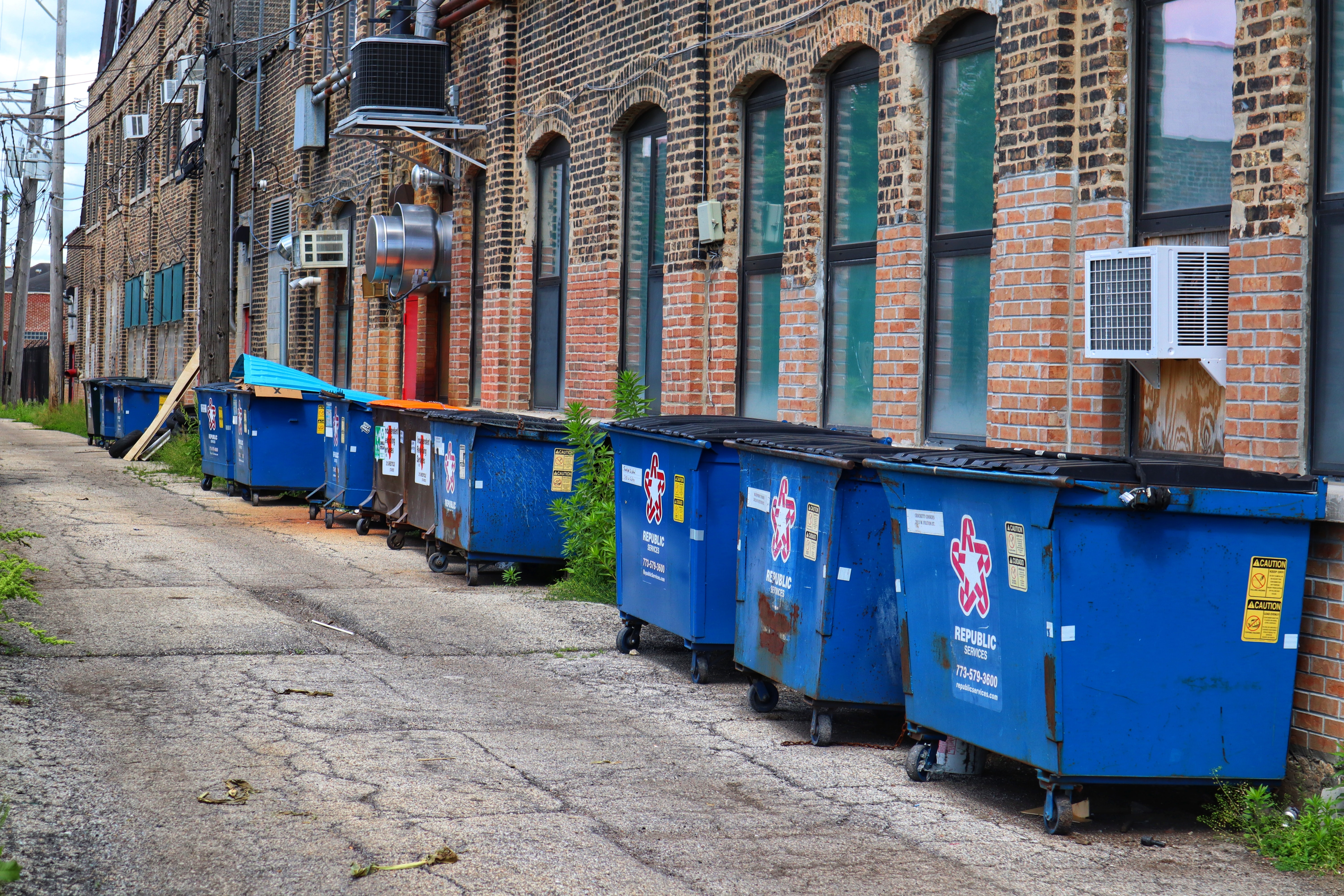Promoting waste prevention, reuse, recycling, and material and energy recovery
Node Page:
Solid Waste Management
Image:

Color Filter:
Urban Management
sub title show:
Yes
Promoting waste prevention, reuse, recycling, and material and energy recovery
